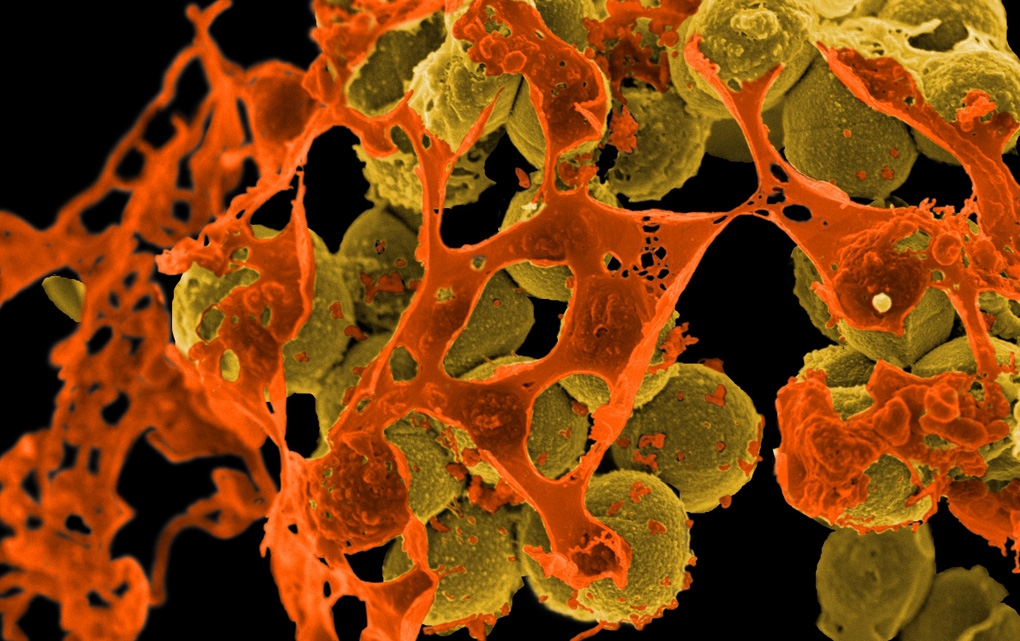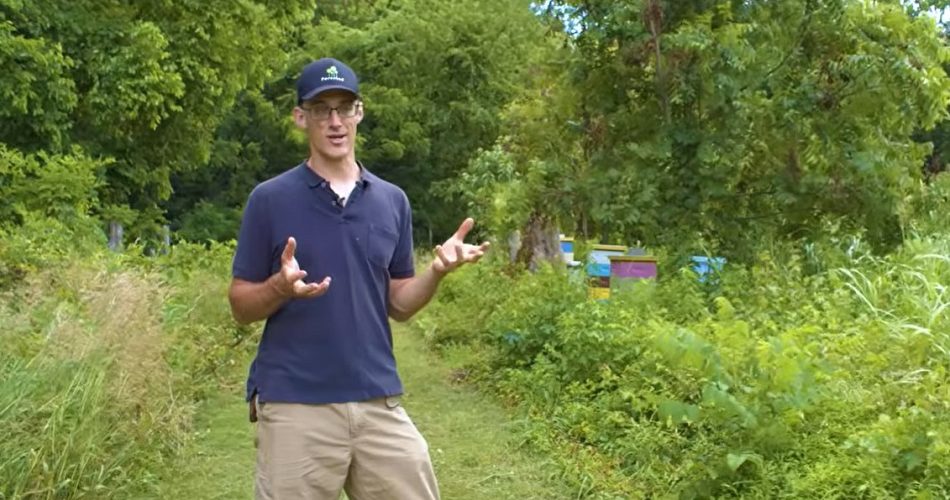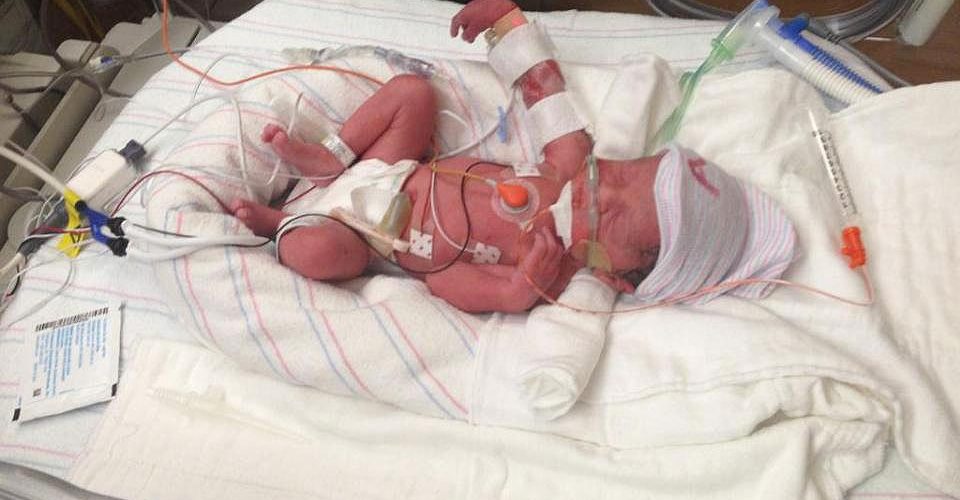Antibiotic-resistant genes are being spread all over the world in animal feed, scientists discover

Antibiotic-resistant genes are being spread around the world in animal feed, according to new research that adds to fears humanity could lose one of our most important medicines.
A Government-commissioned report last year estimated 10 million people a year could die worldwide by 2050 because of the rise of “superbugs”, prompting the then Prime Minister David Cameron to announce a crackdown on over-prescribing by GPs and lead efforts to tackle the problem at the United Nations.
Bacteria resistant to the “last resort” antibiotic, colistin, was found in the UK in December 2015, following similar discoveries in parts of Europe, Africa and China.
The threat to human health has been compared to climate change and nuclear war.
There has been concern about antibiotics given to livestock for some time with the European Union banning farmers from using it as growth promoter.
And the new research, by scientists at Dalian University of Technology in China, found another source of the problem related to food production: antibiotic-resistant genes in fishmeal, meat-and-bone meal and chicken meal.
The scientists said fishmeal – “one of the most globally traded commodities” – was serving as “a vehicle to promote antibiotic-resistant gene dissemination internationally”.
“Our study implies that long-term and repeated feeding with fishmeal may accelerate the emergence of antibiotic-resistant bacteria and even pathogens …,” the researchers wrote in the journal Environmental Science and Technology
They said it appeared fishmeal had “a previously underestimated impact” on antibiotic resistance in sediment beneath fish farms, something that had been largely attributed to the use of drugs on the stock.
“In addition to mariculture production, fishmeal is also widely used in livestock, inland aquaculture, or organic fertiliser, and therefore the residual fishmeal in related ecosystems deserves more attention with respect to its impact on the bacteria resistome, even in the absence of prophylactic or therapeutic antibiotic use,” the scientists wrote.
They called for more research into whether the problem could “transfer from ‘farm to fork’ and threaten the safety of food animals and consumers”.
Antibiotic-resistant genes were found in commercially available fishmeal and animal protein products from China, Peru, Russia, Chile, Australia and the US.
Antibiotics are life-saving drugs. Without antibiotics, major surgery, such as caesarean sections, hip replacements and organ transplants, and cancer chemotherapy could all become “very high risk”, according to the World Health Organization
The scientists said the research showed the need for international action, given that antibiotic resistance was being spread by “lots of different mechanisms”. Particular attention should be paid to the amount of antibiotics used in agriculture.


































